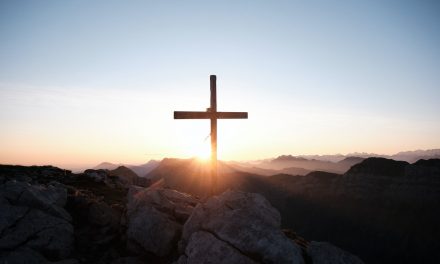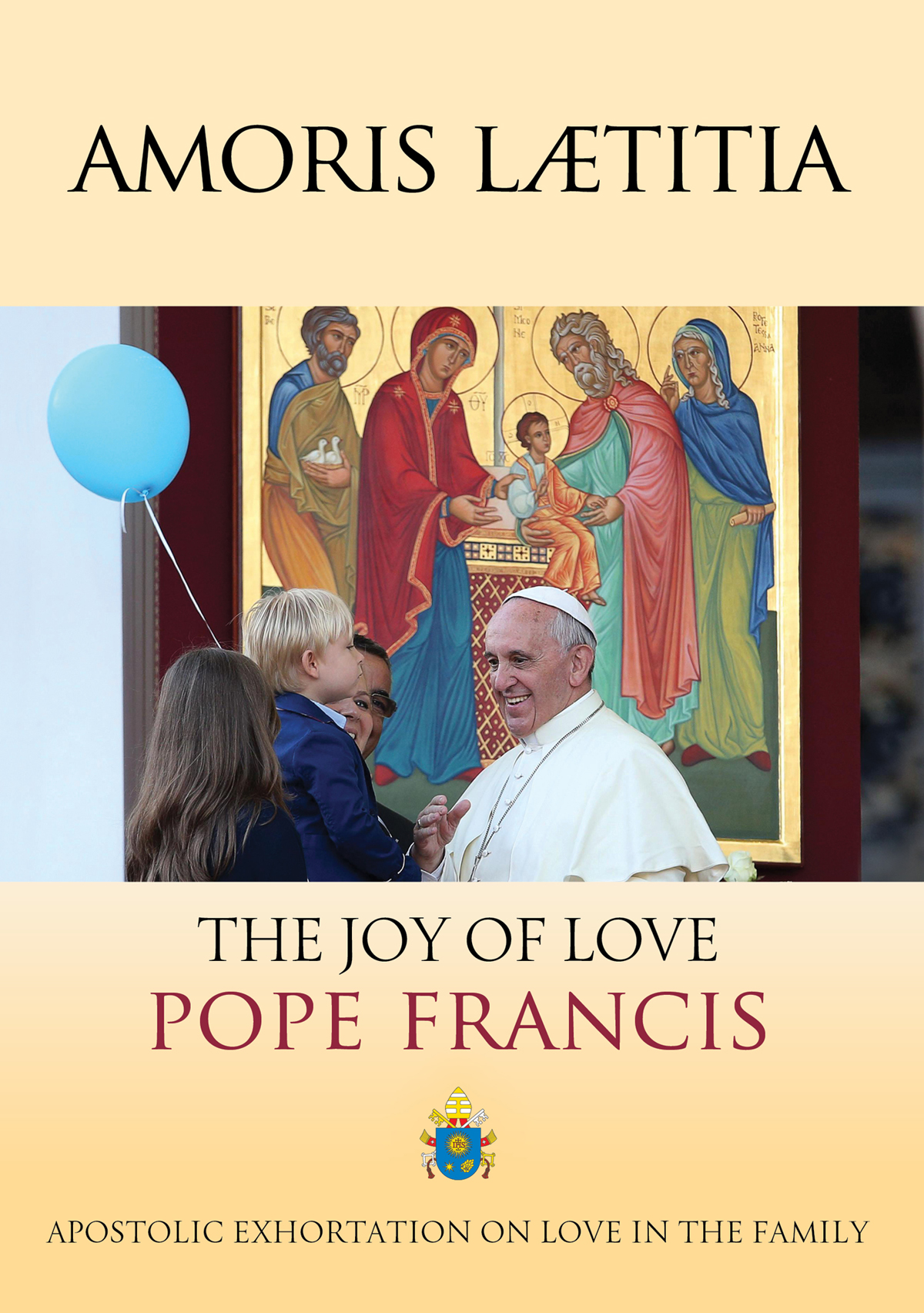Reading 1: Ezekiel 33:7-9
Responsorial Psalm: Psalm 95:1-2, 6-7, 8-9
Reading 2: Romans 13:8-10
Gospel: Matthew 18:15-20
DACA, the Deferred Action for Childhood Arrivals, was an immigration policy of President Obama not to deport people who were brought to the country as minors and have lived in the United States since 2007. If these individuals applied for and were accepted into the program, they could participate in institutions like schools, the military, and the workforce, and do so without fear of deportation. It was an act of trust on both sides and so established a mutual responsibility. The Dreamers would contribute to society, and the country would ensure they were treated fairly by the laws of the land. This Sunday’s readings speak of this mutual responsibility.
Ezekiel is charged to be responsible for everyone in Israel. The people still make their own choices, but woe to Ezekiel if he does not spend his time and energy prodding them to do what is good: “If I tell the wicked, ‘O wicked one, you shall surely die,’ and you do not speak out to dissuade the wicked from his way, the wicked shall die for his guilt, but I will hold you responsible for his death.” Ezekiel’s fate is tied to that of the people he is called to serve.
Paul is even more explicit about this responsibility we have for each other. In his letter to the Romans, Paul insists that we “owe nothing to anyone” except to “love one another.” Quite a big exception. Love demands that, “You shall not commit adultery; you shall not kill; you shall not steal; you shall not covet.” It demands we do no harm to our neighbors, treating them as we would ourselves, and, so, love is “the fulfillment of the law.” For Paul then, our faithfulness to God depends on how we treat those around us.
Throughout his ministry, Jesus is pretty clear that we are responsible for one another. In fact, he insists our salvation depends upon this responsibility. Do you want your sins forgiven? Forgive those who sin against you. Do you want to be saved? Go feed the hungry, give drink to the thirsty, shelter the homeless, clothe the naked, care for the sick, visit the imprisoned, and welcome the stranger. Only if you do this, will God welcome you into the kingdom.
In the Gospel reading for this Sunday, Jesus is again clear about this mutual responsibility. Even those that sin, we are to care for. We go to them privately to protect their dignity, call in friends to ensure that it is not our own prejudices at work, and bring it to the church so the whole community can help. The hope, which is what the reading ends on, is that we may all come together, be bound on earth as we will be bound in heaven. For it is in such union where two or three are gathered in love – which is the name of Jesus – that we find God.
Too often, though, we harden our hearts. We oppose reaching out. We are like the people at Meribah and Massah where they grumbled against Moses and God. Lost in the desert, they saw no water, and so they lashed out at God. Let us not fool ourselves into thinking we are immune from this hardening of hearts. We are afraid. Half of the population falls economically behind, leaders waive around nuclear weapons for their own security, and we build up walls around ourselves to keep out those who are different. We are afraid that there is no water to satisfy us, no God that is watching over us. So, we just shrink our circle and only care for those closest to us. The problem is that, once we start shrinking the circle, it does not stop until we are alone inside it.
So, in the midst of our fears, let us sing out the Psalmists refrain, “If today we hear God’s voice, harden not your hearts.”




